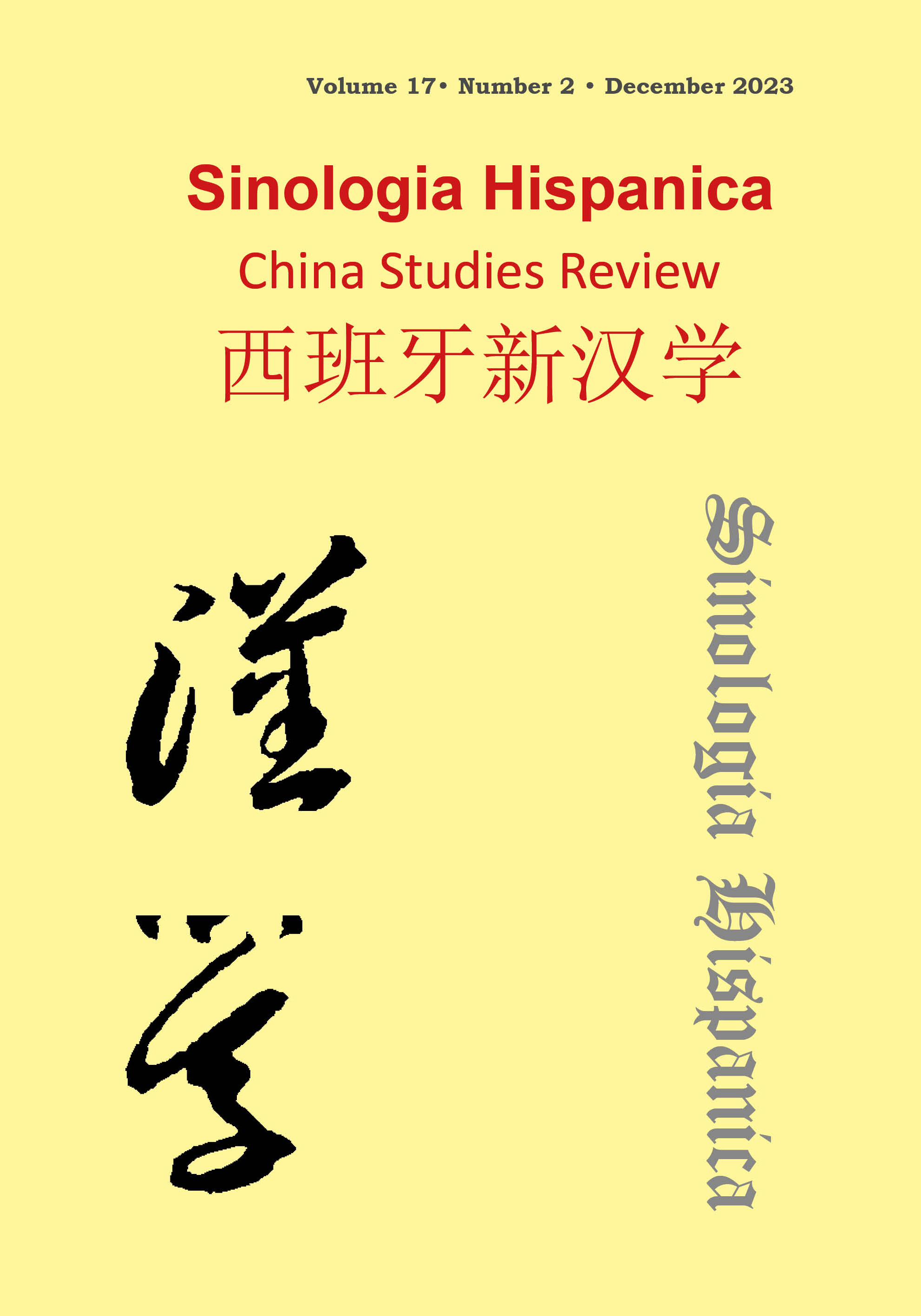“The Lecturer is Like a Housemaid”: the Position of Women Revealed by Female Metaphor Vehicles in Chinese
DOI:
https://doi.org/10.18002/sin.v17i2.8233Keywords:
Metaphor; Gender; Discourse dynamics framework; Wei Cheng.Abstract
Previous studies have shown that many metaphors conceptualize “women” in a derogatory way to present negative opinions about them. However, the issue of how “women” being metaphor vehicles function in discourse has rarely been addressed. This paper applies a discourse dynamics approach to conduct a multidimensional analysis of the linguistic, cognitive, affective, and socio-cultural-historical contexts of the 25 female metaphor vehicles identified in the modern Chinese novel Wei Cheng. The aim is to shed light on how this type of metaphors reflect the ideas, attitudes, and values towards women in Chinese discourse. The results show that, through highlighting certain negative features of their topics (i.e., male characters, female characters, university faculty and other non-human objects), these female metaphor vehicles at the same time display a corresponding view on women. Crucially, considering the historical background of the novel and the high degree of lexicalization of some of these metaphors in Chinese, these metaphor vehicles present a sexist view of women in traditional Chinese society and contribute to reinforce female gender stereotypes.
Downloads
Métricas alternativas

Downloads
Published
Versions
How to Cite
Issue
Section
License

This work is licensed under a Creative Commons Attribution-NonCommercial-ShareAlike 4.0 International License.
Sinología Hispánica. China Studies Review considers all manuscripts on the strict condition that:
- The authors assign the exploitation rights (reproduction, distribution, public communication and transformation) of the work accepted for publication to the University of León on a non-exclusive basis. Authors can establish, on their own, additional agreements for the non-exclusive distribution of the version of the work published in the journal (for example, placing it in an institutional repository or publishing it in a book), always acknowledging the initial publication. in this magazine.
- The manuscript is your own original work and does not duplicate any other previously published work, including your own previously published work.
- The manuscript is not currently under consideration or peer review, nor accepted for publication, nor in press, nor published elsewhere.
- The manuscript contains nothing that is abusive, defamatory, libellous, obscene, fraudulent, or illegal.
- Please note that Sinologia Hispanica uses Turnitin software to screen manuscripts for unoriginal material. By submitting your manuscript to Sinologia Hispanica you are agreeing to any necessary originality checks your manuscript may have to undergo during the peer-review and production processes. Any author who fails to adhere to the above conditions will be rejected.
- Authors are allowed and encouraged to electronically disseminate the pre-printed versions (version before being evaluated) and / or post-printing (version evaluated and accepted for publication) of their works before publication, since it favors their circulation and dissemination more early and with it, a possible increase in its citation and reach among the academic community.
Sinologia Hispanica is under an international license Creative Commons Attribution-Noncommercial-Share Alike 4.0. You can read more about this license in an informative version and legal text.









